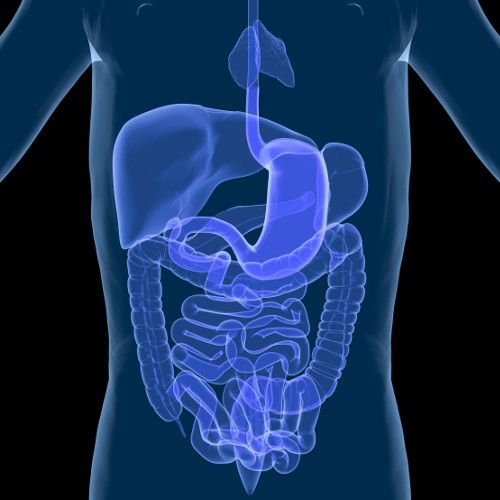Proprietary Prebiotic Fiber Tested in National Institutes of Health Pilot Study with End-Stage Renal Disease Patients
Preliminary findings of the yet-to-be-released study indicate that supplementation with Prebiotin, a oligofructose-enriched inulin ingredient, may help balance the microbiome "by stimulating the growth of good bacteria."
Photo © iStockphoto.com/Raycat

Preliminary findings from a National Institutes of Health (NIH) study point to a potential role for prebiotic fiber-and the beneficial gut bacteria it feeds-in addressing kidney disease. As healthcare costs rise, the fact that this study “featured a natural prebiotic fiber supplement, rather than a pharmaceutical intervention,” makes it worth noting, commented Ron Walborn, Jr., CEO of Prebiotin (Harrisburg, PA), in a press statement.
The yet-to-be-released study, “Gut Microbiome and p-Inulin in Hemodialysis (TarGut-ESRD),” is an early-phase trial funded by the NIDDK (National Institute of Diabetes and Digestive and Kidney Diseases) Hemodialysis Novel Therapies (HDNT) Study Group, and it involves supplementation with Prebiotin, a proprietary oligofructose-enriched inulin (OEI) derived from chicory root.
Previous studies have shown that gut bacteria in kidney-disease patients may release higher levels of endotoxin, which can travel to the bloodstream and trigger inflammation. In the present study, 13 participants with end-stage renal disease (ESRD) were monitored over three phases: eight weeks without prebiotic-fiber supplementation, 12 weeks with administration of two daily 8-gram doses of fiber-dissolved in beverages-and a third phase similar to the first. Researchers collected blood and stool samples from subjects in each phase.
Preliminary results show that not only did 11 of the 13 participants tolerate the OEI over the eight-week supplementation period (two subjects withdrew from the study), but that concentrations of selected stool metabolites differed between the pre-treatment and OEI-treatment periods.
“Prebiotin prebiotic fiber’s inclusion in a study of this magnitude is yet another indicator that a growing number of researchers understand the fundamental importance of the microbiome in health and wellbeing,” Greg Cooper, Prebiotin's director of business development, said in the press release. “They also are recognizing the possibility that a prebiotic like Prebiotin can have an impact on balancing the microbiome by stimulating the growth of good bacteria.”
One goal of the NIDDK HDNT Study Group has been to conduct early-phase studies of novel interventions with the longer-term goal of testing promising therapies in full-scale clinical trials.
The Prebiotin used in the study was provided by Jackson GI Medical.
Polyphenols: The next generation of prebiotics is ready for liftoff
April 21st 2025Explore the prebiotic health benefits of polyphenols and the positive impact they may have on digestive and immune health. Polyphenols, such as those found in European black elderberry, may be an ideal solution for manufacturers trying to break into the digestive health space.

.png&w=3840&q=75)

.png&w=3840&q=75)



.png&w=3840&q=75)



.png&w=3840&q=75)









